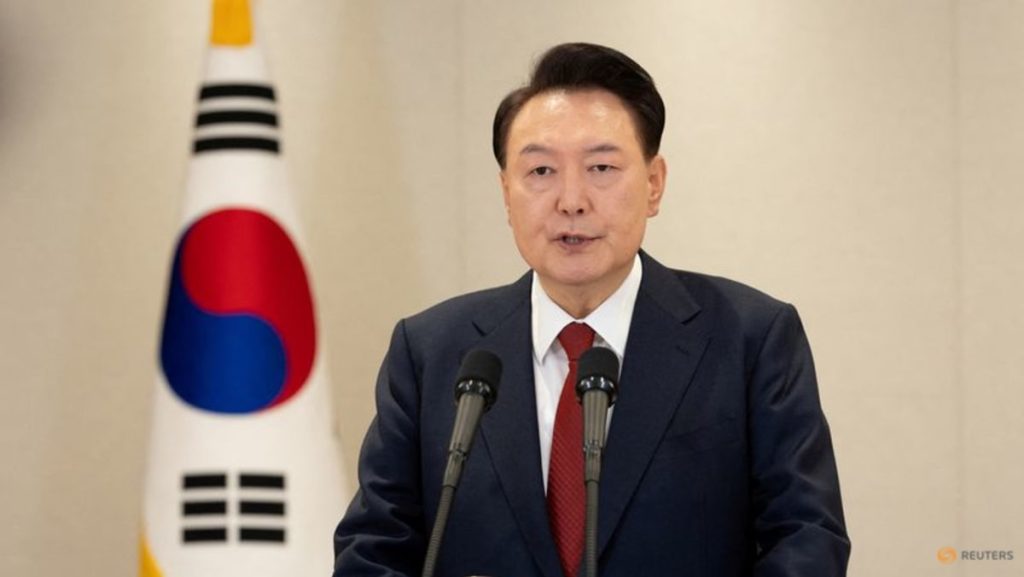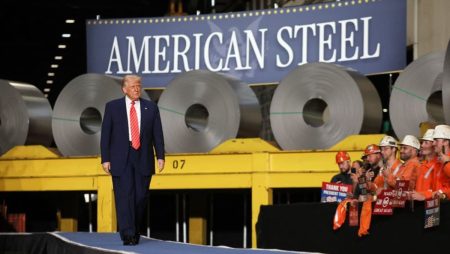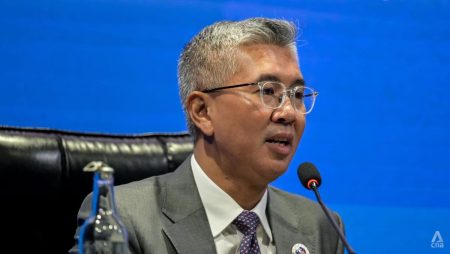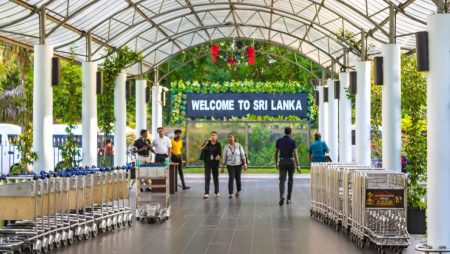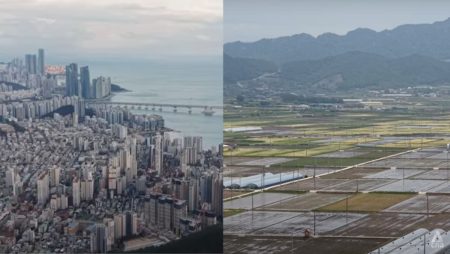The political landscape of South Korea is currently embroiled in a high-stakes legal drama, with President Yoon Suk Yeol and a cohort of high-ranking officials facing multiple criminal investigations. The probes stem from a controversial and ultimately unsuccessful attempt by President Yoon to impose martial law in the country last week. The investigations, launched by various agencies including prosecutors, the police, and the Corruption Investigation Office for High-ranking Officials, are focused on serious allegations such as insurrection and abuse of power, potentially carrying significant consequences for those involved. This unfolding situation has gripped the nation, raising concerns about the stability of the government and the potential ramifications for South Korean politics.
The list of individuals under investigation reads like a who’s who of the South Korean power structure. Alongside President Yoon, the investigations encompass former Defence Minister Kim Yong-hyun, former Interior Minister Lee Sang-min, and Army Chief Park An-su, who was designated as the martial law commander. The scope extends beyond the cabinet and military leadership to include the chiefs of critical security institutions such as the Capital Defence Command, the army’s Special Warfare Command, and the Defence Counterintelligence Command. Several other military generals and senior police officials, including the national and Seoul police chiefs, are also implicated, accused of complicity in the alleged martial law plan. This wide net cast by the investigations underscores the gravity of the situation and the potential systemic implications of the alleged actions.
The main opposition Democratic Party has further amplified the legal pressure by filing a complaint against Prime Minister Han Duck-soo, seeking his inclusion in the investigations. The opposition’s argument centers on the Prime Minister’s alleged failure to prevent President Yoon’s pursuit of martial law, adding another layer of complexity to the already intricate legal web. The move by the Democratic Party signals a deepening political divide and the potential for this investigation to become a focal point of partisan conflict. The ramifications of these investigations extend beyond the individuals involved, potentially reshaping the political landscape and the balance of power within the South Korean government.
The investigative process has been swift and decisive, with authorities taking immediate action to gather evidence and question key figures. Former Defence Minister Kim Yong-hyun has been summoned for questioning three times since his arrest, a clear indication of his central role in the unfolding events. Prosecutors have also conducted raids on the Defence Counterintelligence Command’s headquarters and offices across the country, seeking to secure evidence related to the alleged martial law plan. These actions demonstrate the seriousness with which the authorities are treating the allegations and their determination to uncover the full extent of the alleged plot.
Further underscoring the intensity of the investigation, police raids have targeted the defence ministry and the Capital Defence Command, aiming to seize Kim Yong-hyun’s secure phones and other relevant materials. These raids signify a concerted effort to gather digital evidence that may shed light on the communications and planning surrounding the alleged attempt to impose martial law. The focus on securing secure communication devices highlights the investigators’ recognition of the potential importance of digital evidence in piecing together the events and establishing a clear timeline of actions.
The legal restrictions imposed on those under investigation further underscore the gravity of the situation. President Yoon, along with several other key figures, including Kim, Lee, and the national and Seoul police chiefs, as well as ten military commanders, have been banned from leaving the country. This travel ban serves to ensure their availability for questioning and potential prosecution as the investigations progress. The imposition of such a restriction on a sitting president is a highly unusual step, reflecting the extraordinary nature of the allegations and the determination of the investigative bodies to pursue the matter thoroughly. The investigations are ongoing, and the political and legal ramifications for South Korea remain uncertain but potentially significant. The outcome of these investigations will undoubtedly shape the future of South Korean politics and the relationship between the executive, legislative, and judicial branches of government.




